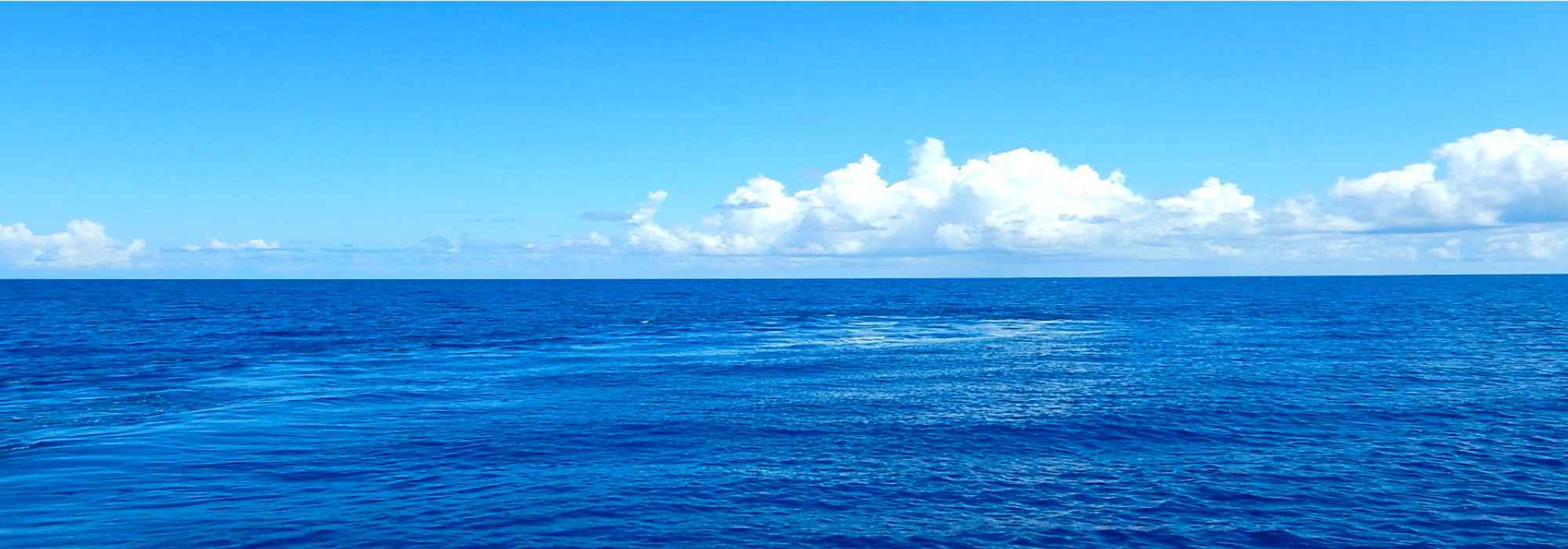Adverbs, Conjunctions, etc.
47 Entries
Tuvaluan
日本語/English
Notes
koi tuai o
conj.
before
接
~しないうちに
likiliki1
adj.
1. detailed
形
1. 詳細な,細かい
adv.
2. in detail, into small pieces
副
2. 詳細に,細かく
fakamatalaga likiliki: detailed explanation
fakamatalaga likiliki:詳細な説明.
faimeatonu
v.
1. do the right thing
動
1. 正しいことをする
adv.
2. righteously
副
2. 正しく,きちんと
fai (accomplish) + meatonu (right thing).
fai(実行する)+ meatonu(正しいこと).
maise
adv.
especially
副
特に,とりわけ
Kae maise te fātele napa tolu e fiafia au ki ei. I especially like the third dance.
Kae maise te fātele napa tolu e fiafia au ki ei. 3番目のダンスが特に好きです.
uke taimi
adv.
often, frequently
副
しばしば、頻繁に
Au e fano ki te sitoa uke taimi. I often go to the store.
Au e fano ki te sitoa uke taimi. その店にはよく行きます.
